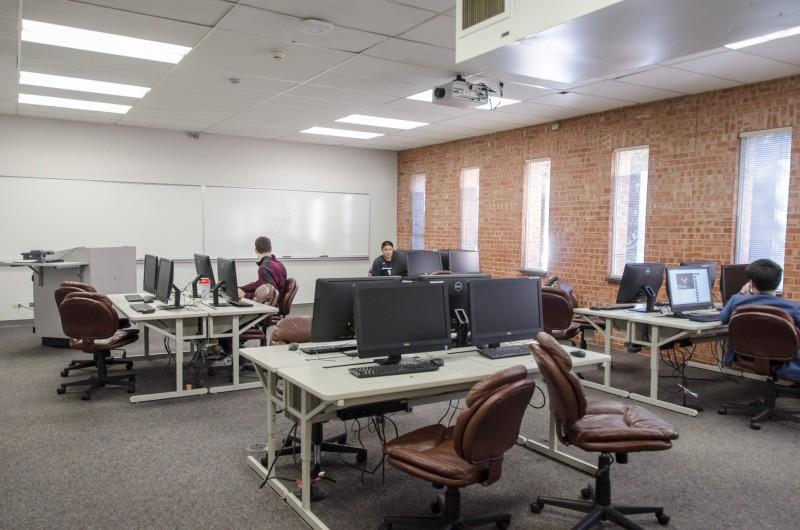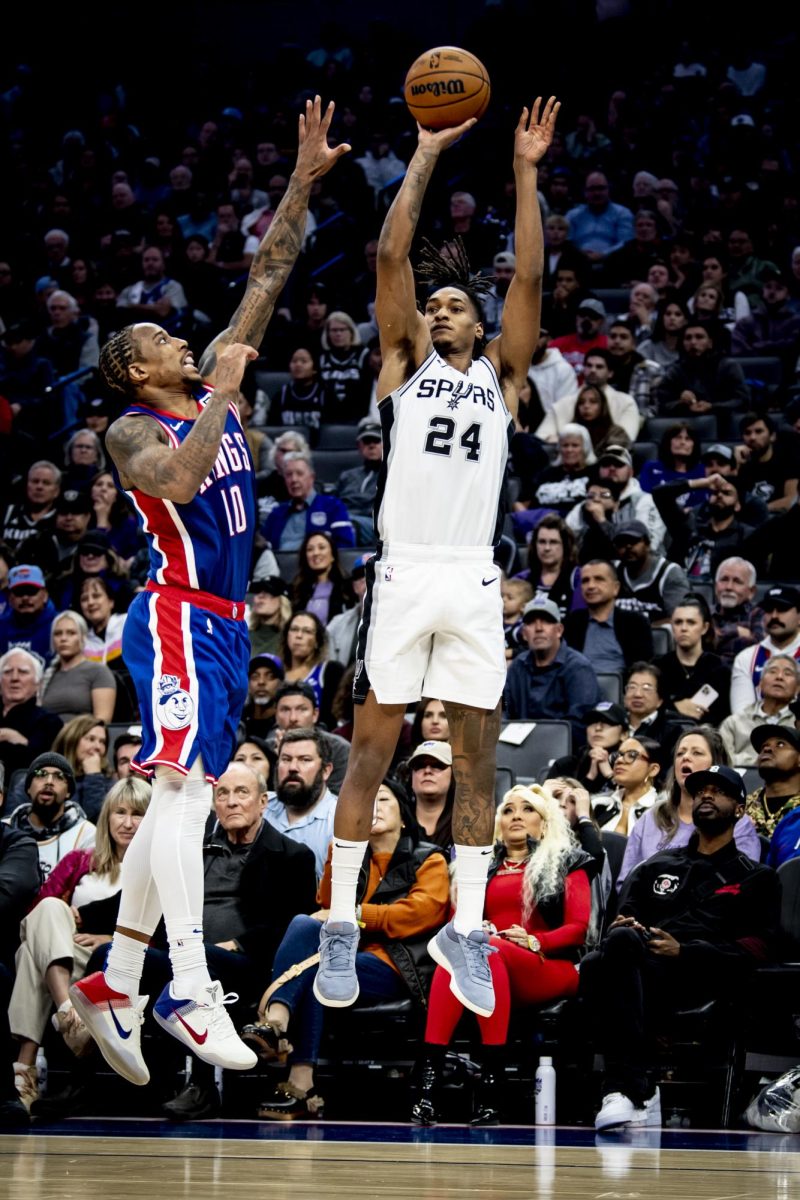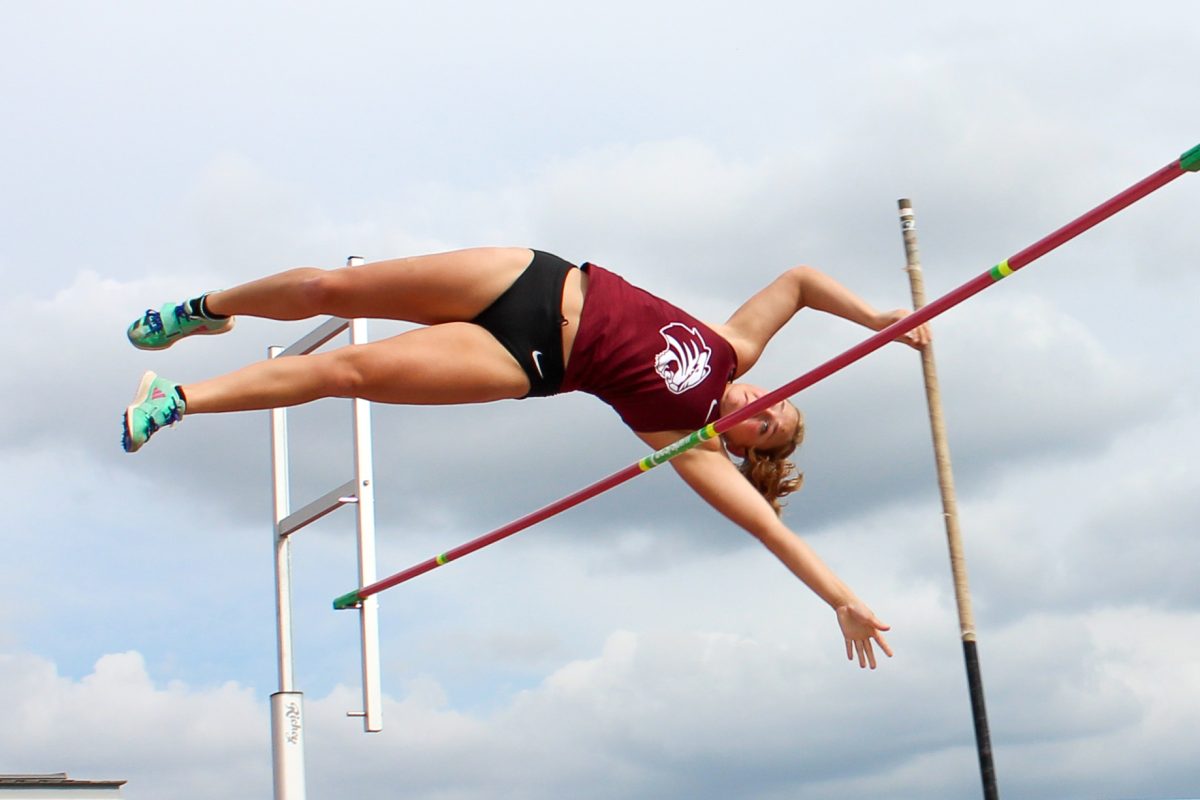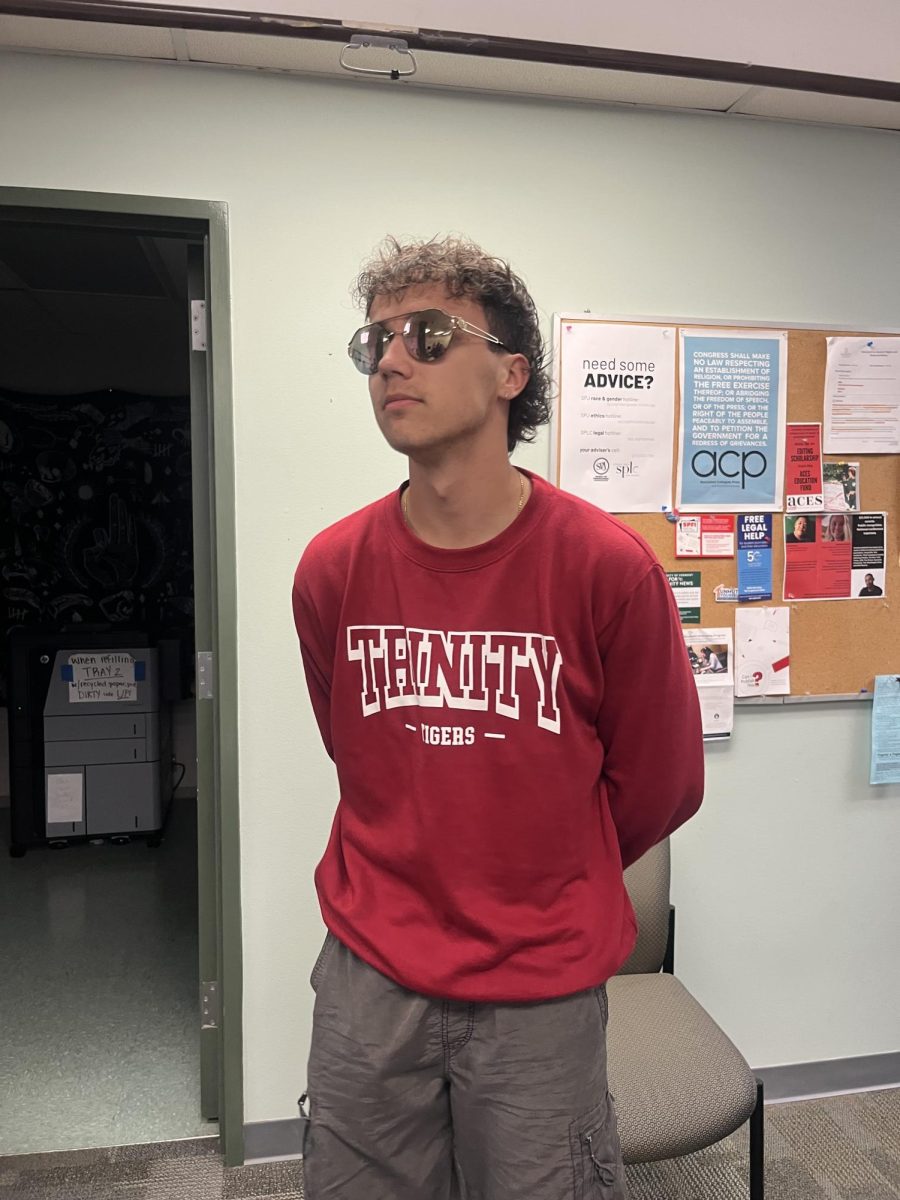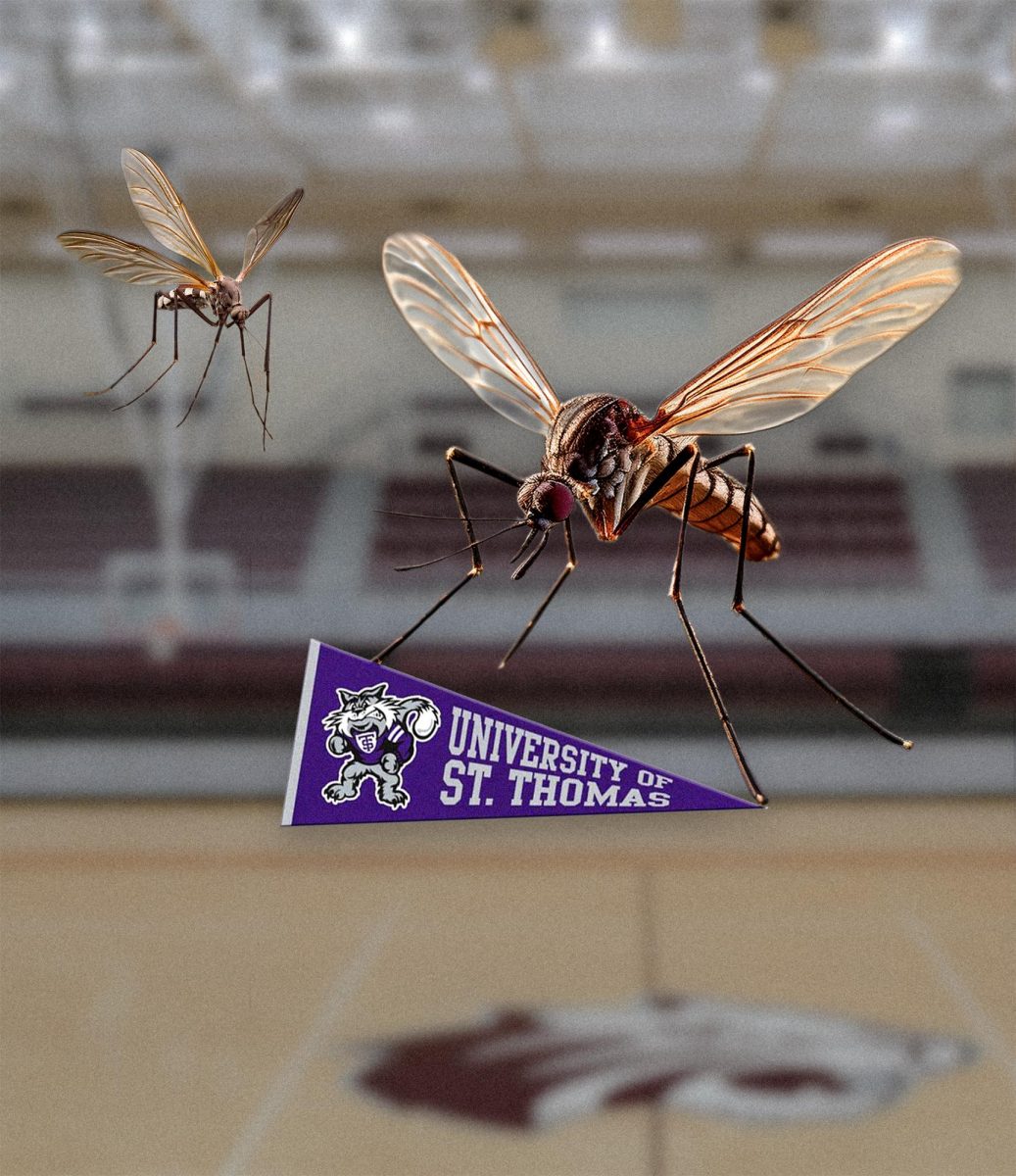Sports’ schedules often do not match up perfectly with classes, but is this actually a problem at Trinity?
As a Division III university, Trinity is the type of higher education institution that puts academics at a premium. While many larger universities are notorious for expecting less from their athletes “” consider the recent scandal at the University of North Carolina, for example “” at Trinity, that is far from the case. In fact, upon gathering opinions from multiple Trinity professors, student-athletes are not only held to standard identical to the average student; some are among the best students on campus.
Most professors view students missing class for athletic events as reasonable. As a representative of the university, student-athletes are responsible for upholding a part of Trinity’s image many non-athletes are not. However, there have been instances in which prospective student-athletes were admitted into the university without adequate credentials, which Nina Eckstein, a professor of modern languages, is opposed to.
“I support athletics. I really think that it pulls you in a positive direction, so therefore, the students that are athletes should be the strongest ones. I am opposed to the university accepting students who are very borderline academically. I have been working here for years, and it is the students who are strong in and out of the classroom who I am totally, totally behind. If they have to miss class occasionally, that is okay,” Eckstein said.
Many professors on Trinity’s campus have high expectations of their student-athletes and refuse to accept their participation in sports as an excuse for poor work. Professors are not willing to make exceptions for students who dedicate upwards of 25 hours a week to the sport, because such exceptions stray from Trinity’s objective regarding its students. The objective is a top-notch education, according to David Crockett, chair of the political science department.
“We are a Division III school and we have scholar-athletes. I like the fact that it is not Division I, where it seems to consume the student’s passion and leads to all sorts of corrupt practices when it comes to their education. It is a necessary and appropriate place, but not disproportionately emphasized, I don’t think. If they have athletic events to travel to, then that is fine. It is up to them to keep up with the course material. There is a good system in place for situation like this,” Crockett said.
The general consensus on the topic may be that it is the athlete’s choice to dedicate that much time to a sport, therefore, it cannot be used as an excuse for struggling in a class. Many professors feel little sympathy for students who have chosen to commit so much time to an extracurricular activity such as athletics. If you choose to be on the field or on the court, you had better make sure you are there in the library and the classroom as well. Eduardo Cabral Balreira, associate professor in the department of mathematics, says this shouldn’t be too much of a problem for student athletes. He feels student-athletes are the ones with the best time-management skills, thus allowing for an easier reception of the demanding schedule that faces them at a school like Trinity.
“It is a valid excuse, and I can’t and don’t mind that athletes miss class as long as they understand the consequences. So if they are going to miss, they have to understand they will have to put in extra work. Every athlete has to be accountable. What I don’t like is when an athlete uses their sport as an excuse, because that is a choice they made,” Balreira said. “I understand the interplay. You have to focus on your sport when you are in the moment. Once they come back, they have to understand that they had their moment of play, and now it is time to get back to work. What I find with student-athletes is that because there is such a nice, jam-packed schedule they have great time management. There is a limited amount of time you can work, but because one is an athlete, they are better at managing time. If anyone can do it, it is a student-athlete.”
Being a student-athlete at Trinity is, in many ways, fundamentally different than being a student-athlete at the University of Florida or the University of Southern California. Most of our student-athletes likely understand the strain they will be put under, especially during their sport’s in-season. For those who don’t, a rude awakening may be in store.

